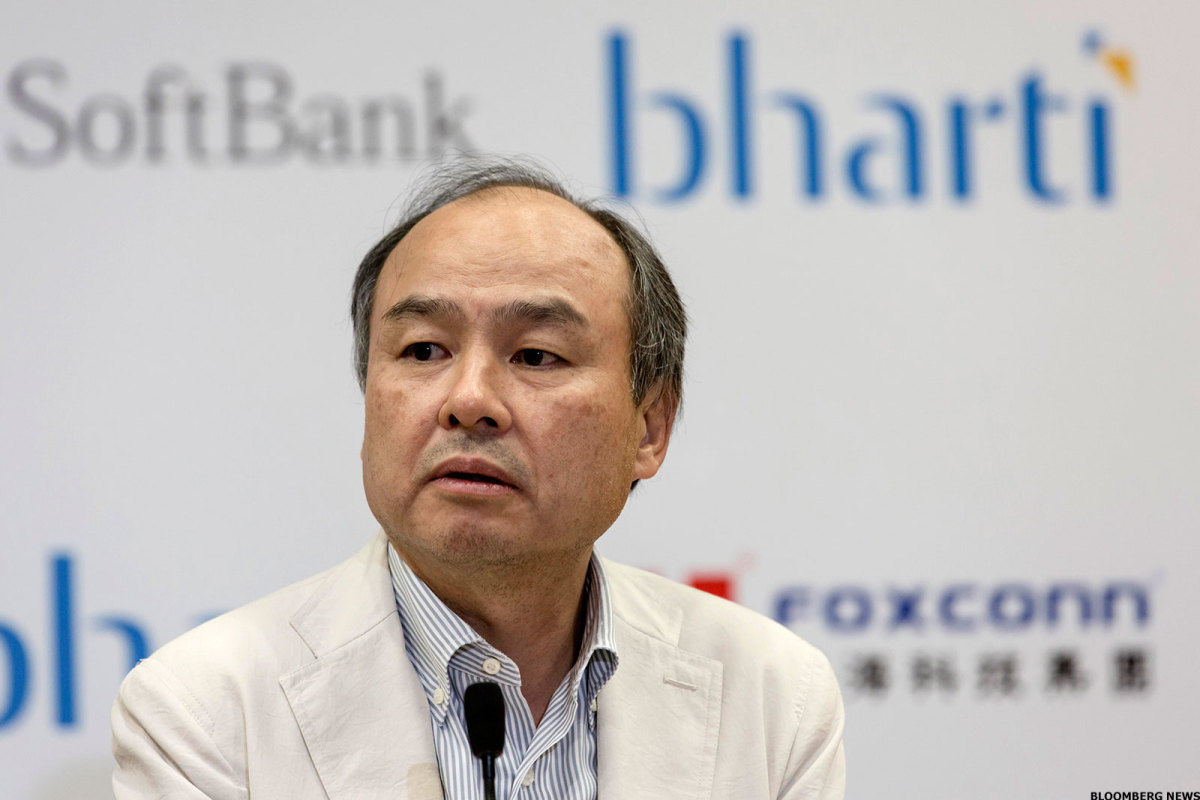Compared to last year, it’s looking like a whole new ballgame for this year’s crop of IPOs.
The implosion of WeWork’s IPO late last year was emblematic of growing skepticism around lavishly valued, growth-at-all-costs unicorns that haven’t turned a profit. But it was also preceded by disappointing performances by Uber (UBER) – Get Report, Lyft (LYFT) – Get Report, Slack (WORK) – Get Report and other Silicon Valley darlings in the public markets.
Casper — the direct-to-consumer mattress seller that went public on Thursday — may also wind up falling into the “disappointing” category, if early reception to its stock was any indication. Shares closed below its IPO price of $12 per share on Friday, and investors have struck critical notes on Casper’s significant losses and heavy marketing spend.
“Casper is fake tech — it’s trying to pretend to be a tech company,” said Duncan Davidson, a partner at Bullpen Capital. “Across the venture community, people are focusing more on the economics of their companies. They’re also focusing on getting back to real tech.”
Potential IPO candidates this year, according to CB Insights, could include GitLab, Unity and Snowflake. Airbnb, another well-capitalized unicorn last valued at $35 billion, could also go public this year. In the wake of last year’s more challenging IPOs, investors and underwriters are urging companies to ensure their fundamentals are sound before making their public debuts.
“The public markets have shown they are unwilling to underwrite highly risky ventures with deeply negative cash flows,” added Paul Condra, an analyst at Pitchbook. “This will put pressure on venture-backed companies to focus more on the bottom line if they wish to access public markets.”
Softbank, which pumped billions into WeWork and other risky ventures through its $100 billion Vision Fund, advanced an investment thesis that massive capital infusions “can create a moat,” Davidson said.
“The punchline is that all it does is create bloat,” he added. “Softbank syndrome is over.”
Apart from high-profile failures like WeWork, last year saw several success stories for newly minted tech stocks. Smaller, more modestly-valued software firms, such as Zoom (ZM) – Get Report and DataDog (DDOG) – Get Report, have notched solid gains since going public last year.
Condra noted that in 2019, smaller software and tech firms with understandable paths to profitability fared far better than the cash-hemorrhaging unicorn set.
“I expect successful IPOs will again fall into this latter group [in 2020],” he said.
Investors will find out soon enough whether companies like Airbnb — which used technology to create a marketplace, but is only debatably a tech company — can sustain a public market cap similar to the $35 billion valuation it commands as a private firm. The 12-year old firm announced last year that it plans to go public sometime in 2020. DoorDash, the food delivery app, may also go public this year, among others.
Both Airbnb and DoorDash are reportedly weighing direct listings — an unusual type of listing that bypasses investment banks, offering existing shares to investors rather than underwriting new ones. Some investors, such as venture capitalist Bill Gurley, have pushed for a new “hybrid” direct listing model that permits companies to raise some capital in the process of offering shares directly. The hybrid model has yet to earn a stamp of approval from the SEC, however.
“[Hybrid direct listings] will be tested this year,” Davidson added. “In 2021 we’ll see a really good class of IPOs, and 2020 should be better, but not bigger. The pipeline is still sitting there.”

